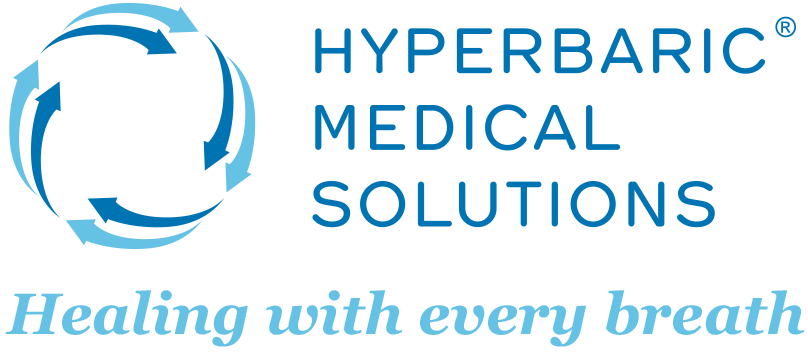Ketogenic Diet Plan: Your Questions Answered

Peak performers cannot stop talking about “going keto." What is this new dietary trend and what is the science to back it up? The ketogenic diet began as a treatment for drug-resistant pediatric epilepsy almost 100 years ago. Now, new research is combining the ketogenic diet with hyperbaric oxygen therapy (HBOT) for certain conditions like cancer and cognitive decline.
Because of the pioneering work by several researchers, there has been an explosion of research in the last several years showing the diet's potential benefits in patients with cancer, Alzheimer's disease, metabolic syndrome, including diabetes and obesity, traumatic brain injury (TBI), and a host of other conditions.
WHAT IS THE KETOGENIC DIET PLAN?
The ketogenic diet plan is a low-carbohydrate, high-fat diet with restricted protein intake. On the ketogenic diet, ketones—a breakdown product of fat—become our primary cellular fuel. Although sugar usually has this role, ketones are much more efficient at making energy. Ketones have the additional benefits of being anti-inflammatory, increasing blood flow, and reducing stress on the cellular machinery.
WHAT HEALTH CONDITIONS COULD BENEFIT FROM A KETOGENIC DIET PLAN?
It is well established that patients with drug-resistant or hard-to-control seizure disorders could dramatically benefit from the ketogenic diet. According to a 2016 study by the Epilepsy Foundation, “ketogenic diets may be safe and effective long-term in adults with epilepsy,” because it helped to reduce the frequency of or eliminate seizures.
Emerging indications include Parkinson's and Alzheimer's diseases, stroke, cardiac disease, traumatic brain injury, and many others. There is developing data from researchers like Dominic D'Agostino at the University of Florida that the combination of the ketogenic diet and hyperbaric oxygen therapy may be an effective adjunctive treatment for certain cancer patients.
But keep in mind that this diet plan may not be right for everyone, especially those who are pregnant, breastfeeding, or taking certain medications. Before you embark on the ketogenic diet plan, consult your health care provider or a trusted medical professional for his or her expert advice. Most looking to follow the ketogenic diet will also greatly benefit from speaking to a nutritionist. You can find resources on the Charlie Foundation website, as well as Dr. D'Agostino's website.
WHAT FOODS CAN YOU EAT?
On this meal plan, you’re allowed to eat a lot of different foods, such as grass-fed meat, pork and poultry, seafood, fats and oils, nuts and dairy products, although it's important to note that many people have dairy sensitivities.
|
WHAT FOODS SHOULD YOU AVOID?
There are certain foods that you shouldn’t eat if you want to achieve maximum results on the ketogenic diet. They include grains, starches, roots, vegetables and citrus fruit.
Following are some examples:
|
WHAT DOES A TYPICAL KETOGENIC MEAL LOOK LIKE?
Because the ketogenic diet enables you to eat a variety of foods, you’ll never run out of recipes to try. Here’s one breakfast recipe idea:
 Herbed Omelet
Herbed Omelet
- Eggs; 2
- Grated parmesan cheese; ½ cup
- Chopped basil; 1 tablespoon
- Chopped oregano; ½ tablespoon
- Butter or coconut oil; 2 tablespoons
- Pinch salt
- Small Avocado; ½
- Bacon; 1 slice
Photo courtesy of ketodietapp.com
Always remember to keep track of your carbohydrate, fat and protein intake and make sure that the recipe contains at least 80 percent fat. This particular recipe includes 3.3 grams of carbohydrates, 17.1 grams of protein, and 63.3 grams of fat, which equates to 81% fat for this meal.
ARE THERE ANY SIDE EFFECTS FROM A KETOGENIC DIET?
Whenever you change your diet or eat more of something that you typically don’t consume, you could experience side effects. Here are some side effects that could come from the ketogenic diet plan—most of which can be mitigated by a core of supplements that support the body while in ketosis:
- Headaches
- Digestive issues
- Fatigue
- Nausea
- Trouble sleeping
Once your body adjusts to your new routine, these side effects will likely subside, so don’t get discouraged if you experience some of them in the beginning. But if they persist, please consult your health care provider or speak to a nutritionist as soon as possible.
Written by Mary Stratos, RPA
...



